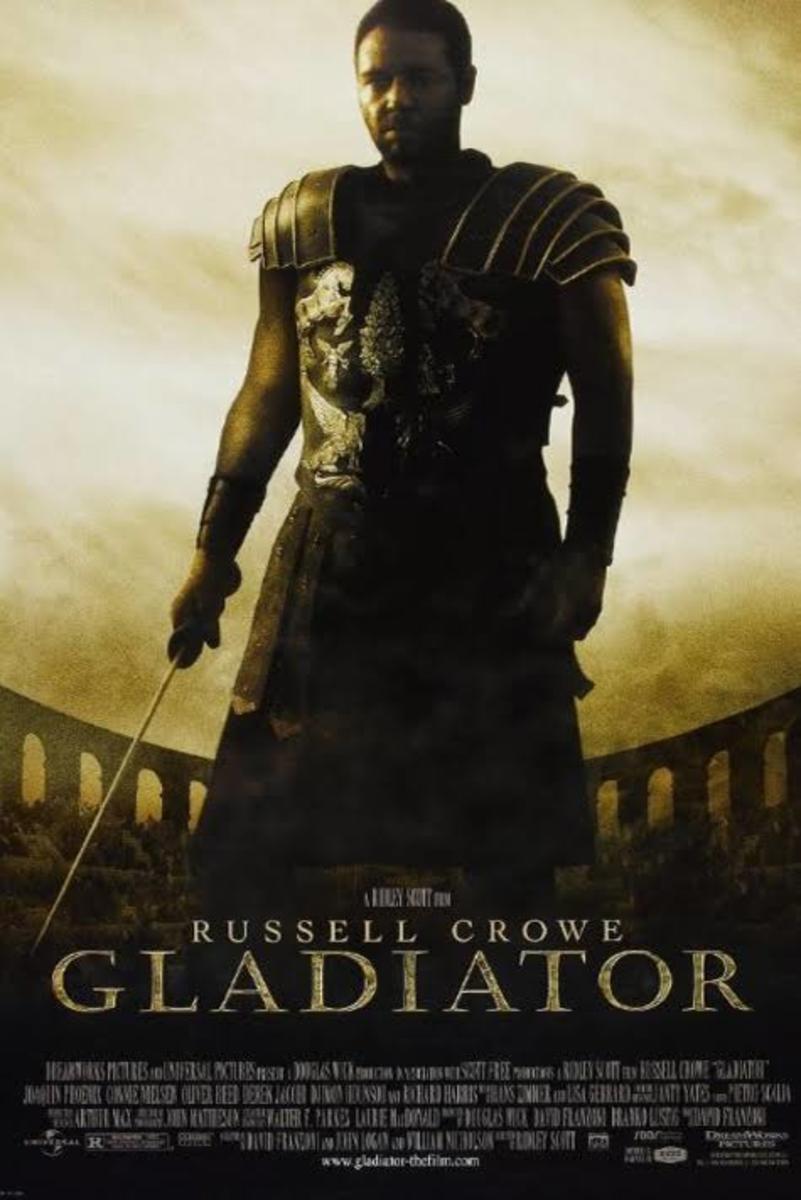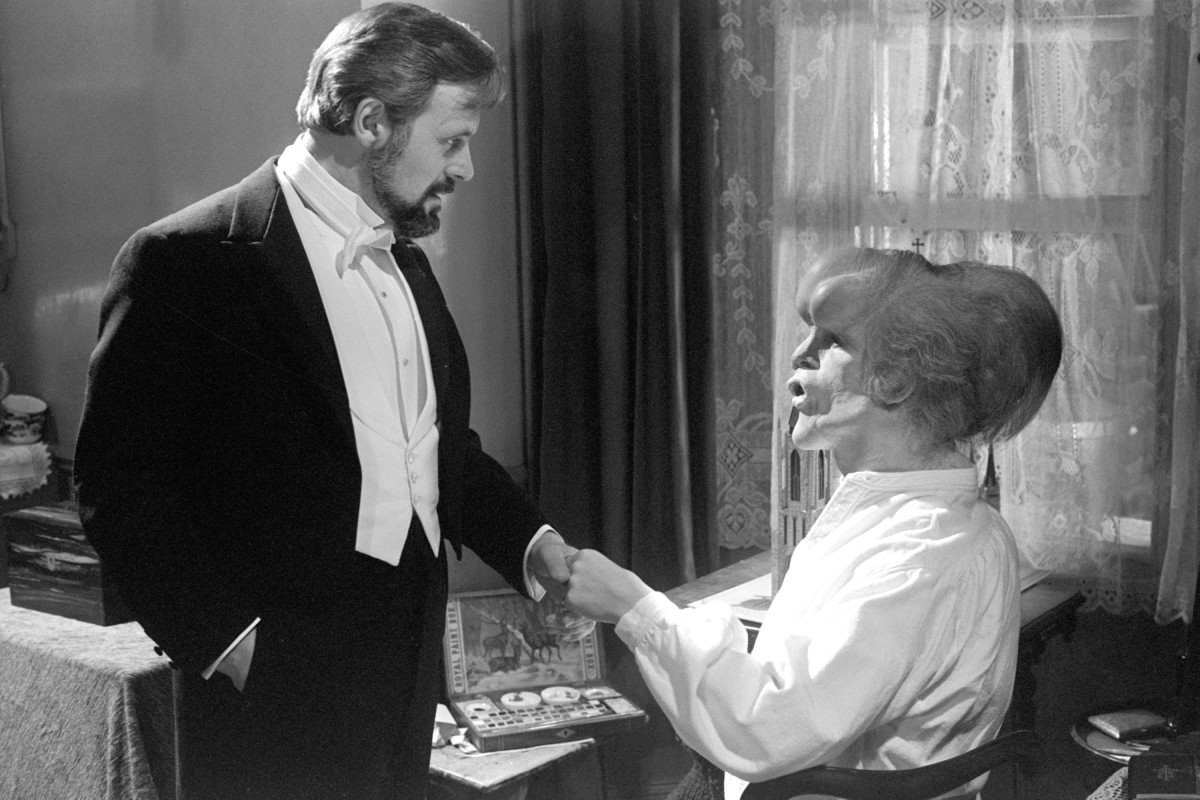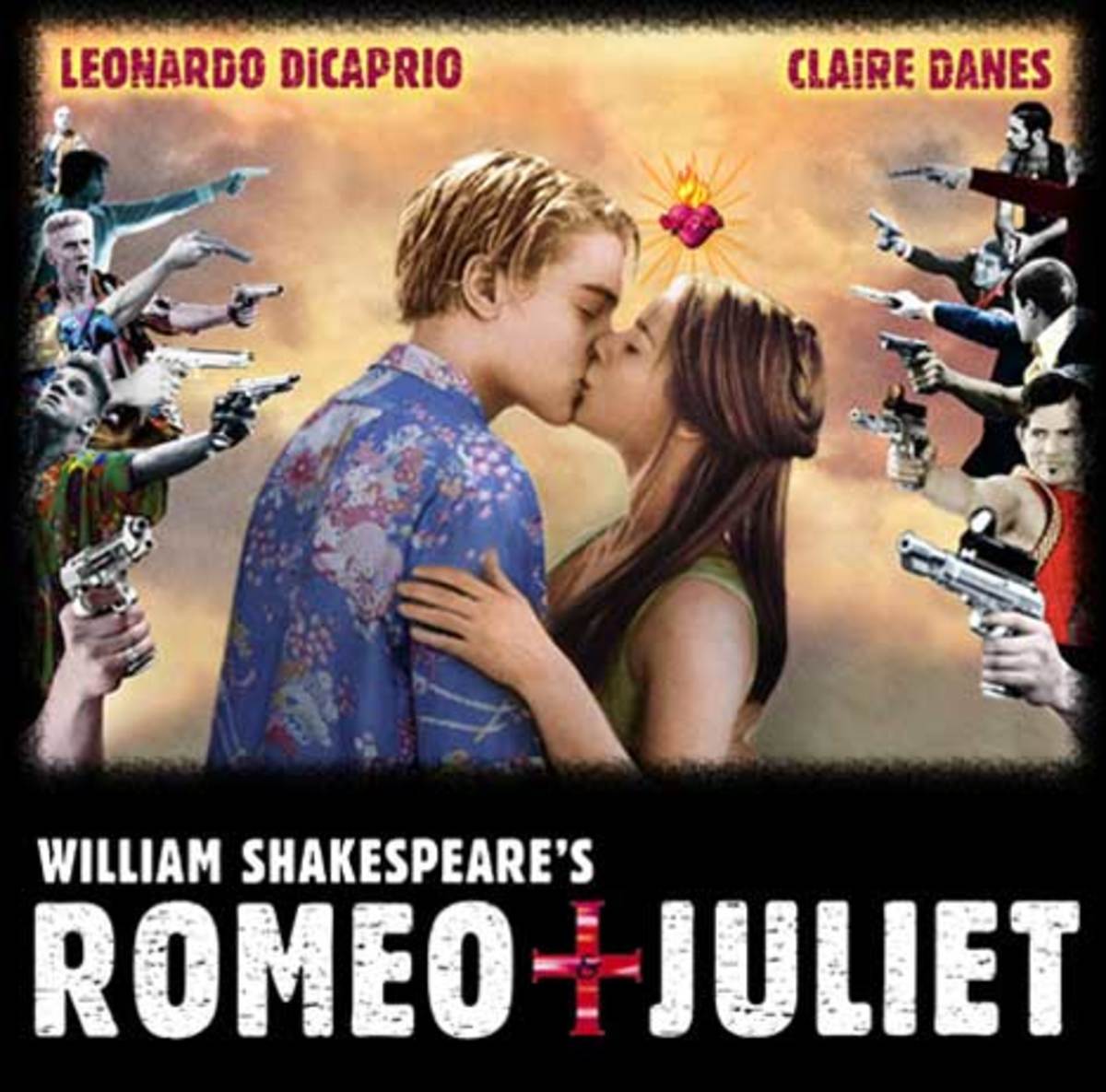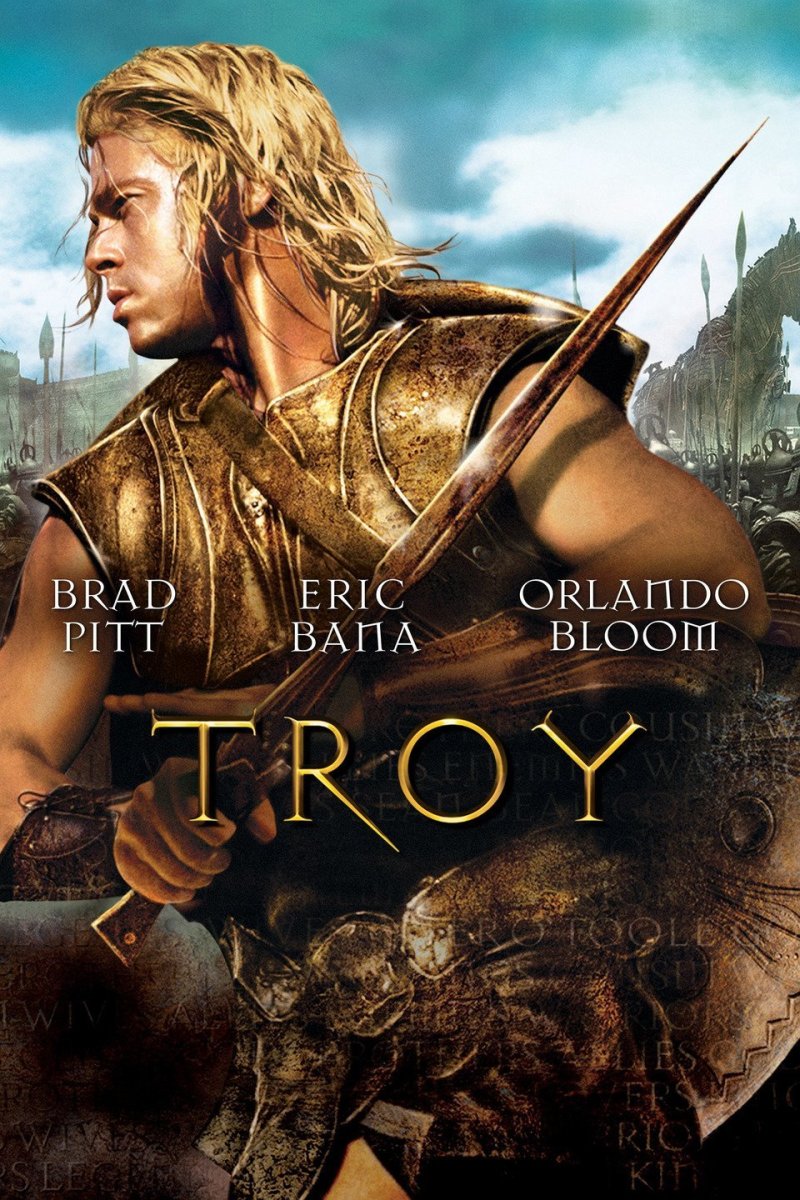Film in 1995: A Review of "Braveheart"--Powerful but Marred by Excessive Emotionalism and Violence

Mel Gibson’s Braveheart is undeniably one of the most iconic historical dramas of the 1990s, celebrated for its sweeping cinematography, epic battle scenes, and Gibson's impassioned portrayal of William Wallace, the Scottish patriot. While the film has garnered accolades and won multiple Academy Awards, including Best Picture, its reliance on heightened emotionalism and gratuitous violence warrants closer scrutiny.
Story
One of Braveheart’s defining features is its ability to evoke strong emotions from its audience. The film’s narrative is steeped in themes of freedom, sacrifice, and resilience, aiming to inspire viewers and draw them into Wallace’s quest for Scotland’s independence. From the stirring speeches to the heart-wrenching deaths of key characters, the film employs every tool in its arsenal to tug at the audience’s heartstrings.
Review
However, there is a moral question in light of Scottish independence today—is the way portrayed in Braveheart the way forward today—and the emotionalism often crosses the line into heavy-handed melodrama. The portrayal of William Wallace as a larger-than-life martyr feels overly idealized, stripping the character of nuance in favour of an archetype that serves the film’s dramatic aims. At times, the relentless emotional intensity can feel manipulative, as if the filmmakers are more focused on eliciting tears than crafting a balanced, multifaceted historical story. Moments of personal tragedy, while poignant, are framed with overpowering sentimentality that detracts from their authenticity.
Violence as Spectacle
The violence in Braveheart is both a technical achievement and a source of contention. The film’s battle scenes are meticulously choreographed, immersing viewers in the chaos and brutality of medieval warfare. These sequences have been praised for their visceral realism and cinematic grandeur, making them a cornerstone of the movie’s visual appeal.
Yet, the film’s use of violence often becomes excessive and gratuitous. The graphic depictions of bloodshed, torture, and executions are unrelenting, pushing the boundaries of what is necessary to convey the horrors of war. While violence is undoubtedly intrinsic to the story of rebellion and conflict, Braveheart seems to revel in its visceral impact, prioritizing shock value over subtlety. This approach risks alienating viewers who may find the relentless brutality overwhelming or exploitative.
Historical Inaccuracies and Their Effect
Adding to the film’s critiques is its cavalier attitude toward historical accuracy. While some dramatic license is expected in historical dramas, Braveheart takes significant liberties with facts, timelines, and characters. These embellishments, combined with the film’s emotional and violent extremes, create a narrative that feels less like a grounded depiction of history and more like a mythologized tale crafted to maximize cinematic impact.
Conclusion
There is no denying that Braveheart is a powerful film, capable of leaving a lasting impression on its audience. Its sweeping visuals, memorable performances, and compelling themes cement its place as a classic. However, its excessive emotionalism and glorification of violence detract from its merits, leaving viewers with a sense that the film is more concerned with eliciting visceral responses than offering a balanced, thoughtful exploration of history. For those who appreciate subtlety and restraint in storytelling, Braveheart may feel like a spectacle that loses sight of its substance.
Main Cast: Mel Gibson, Patrick McGoohan, Angus Macfayden, Sophie Marceau, Brendan Gleeson, Stephen Billington, Catherine McCormack. Written by Randall Wallace. Cinematography: John Toll. Music: James Horner. Editor: Steven Rosenblum. Director: Mel Gibson. Released May 24, 1995.
© 2025 Peter Veugelaers








